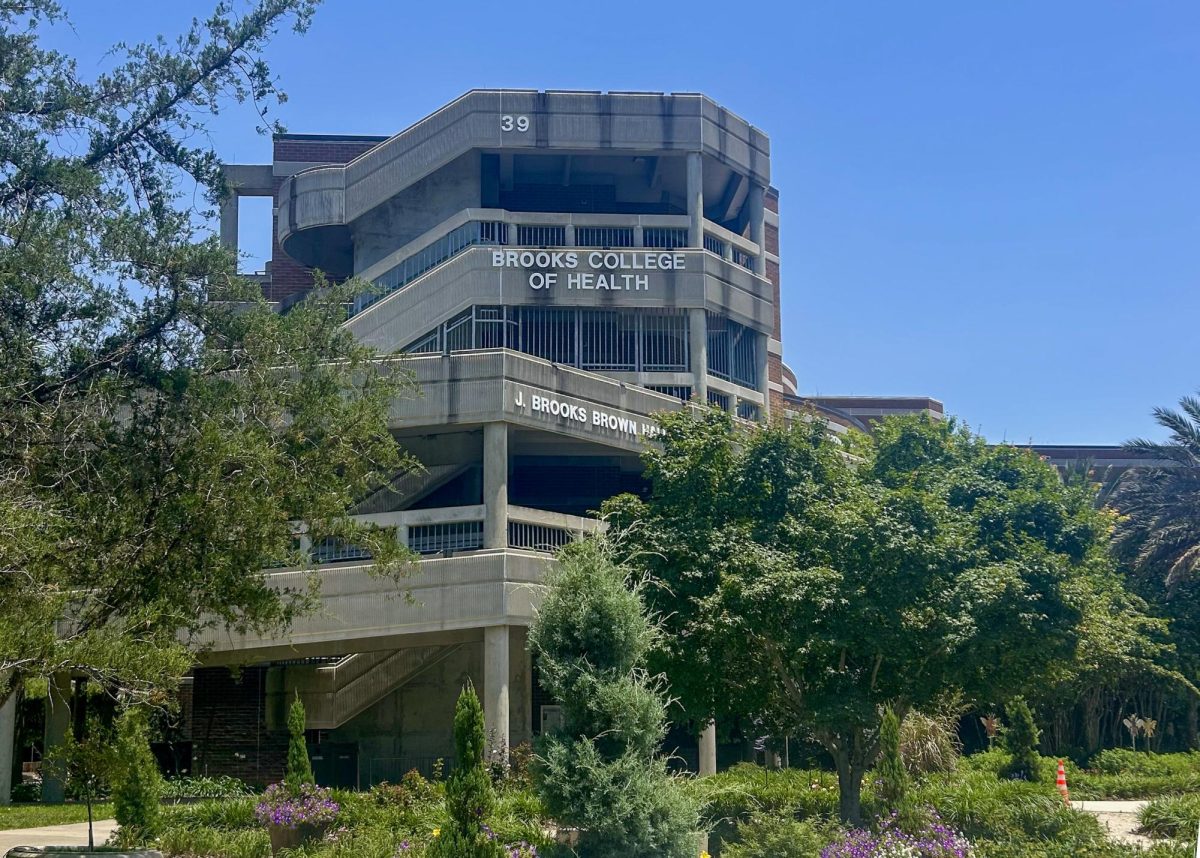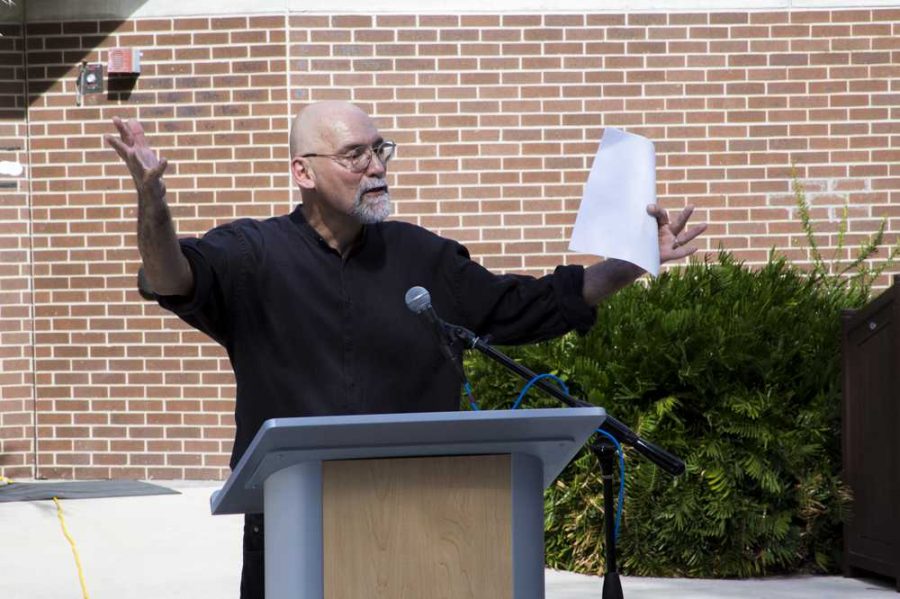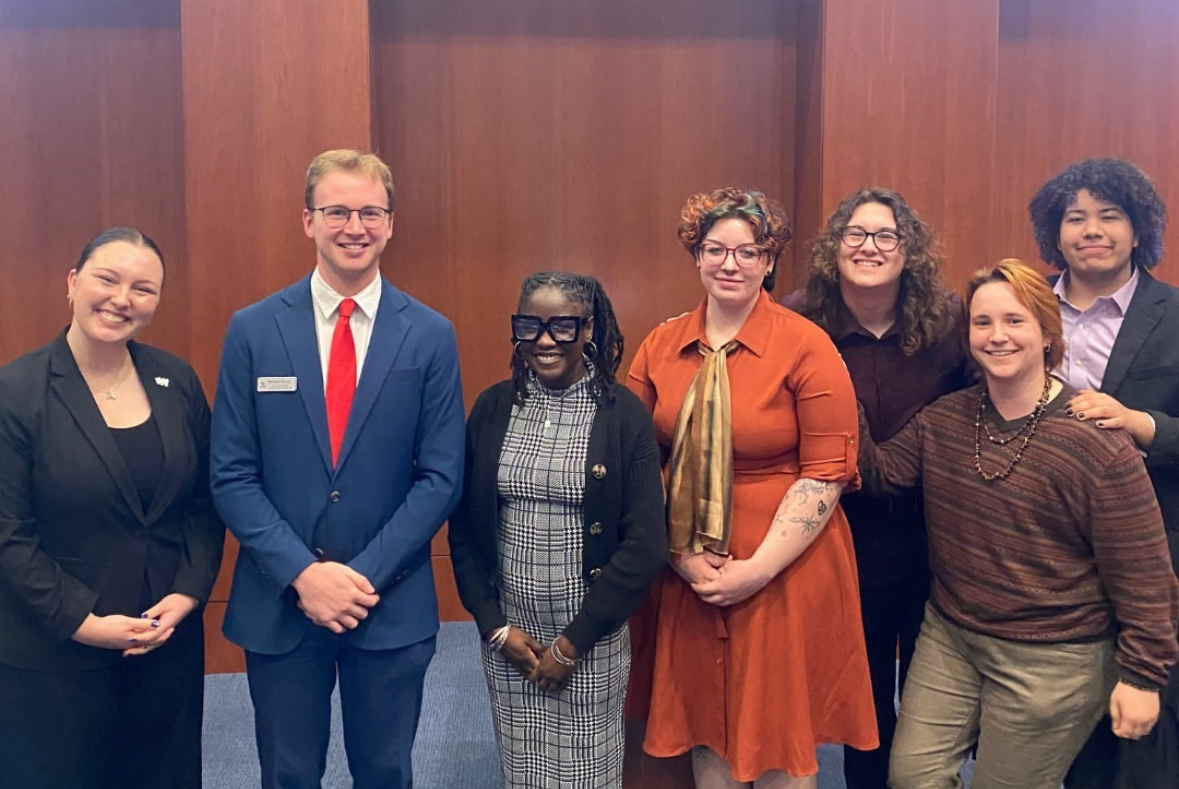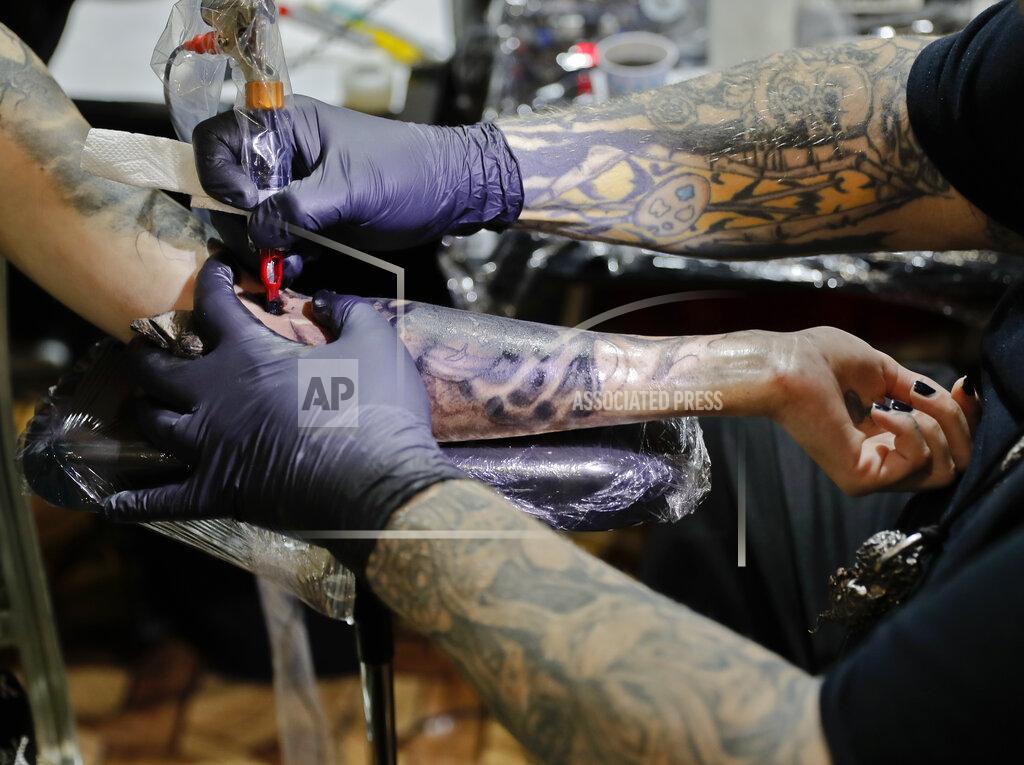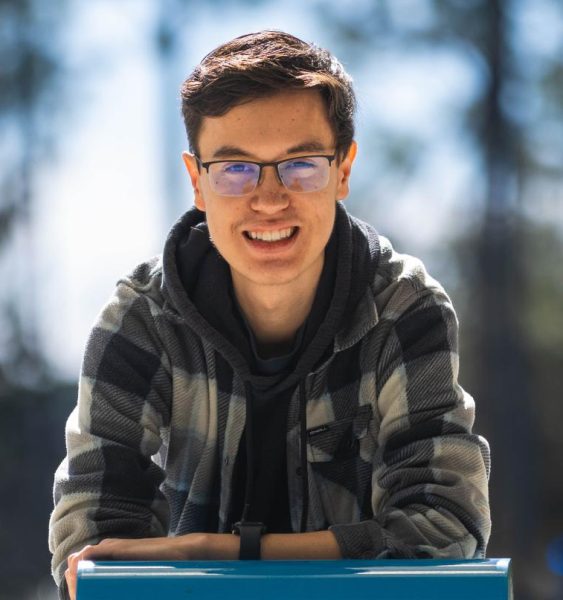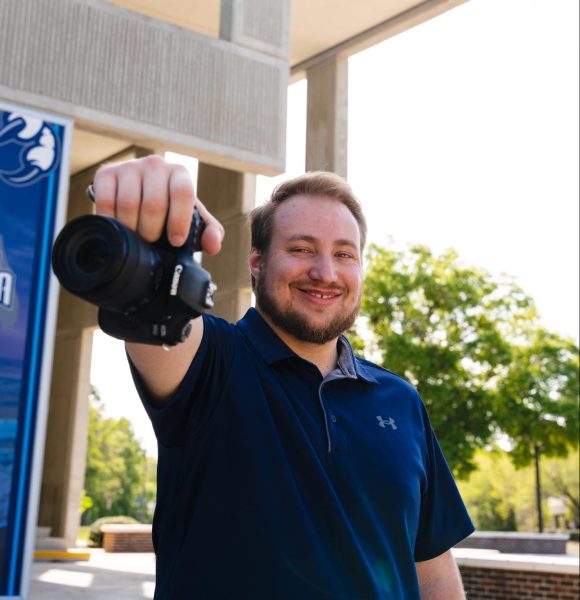This article was first published in Spinnaker’s DEI Edition Magazine and released in early 2024. To read this article as it appeared in the digital copy, click here.
President Moez Limayem and I sat down for an interview at the exact table, seats and room we’d interviewed in about a year prior. It was a near copy-paste of the last time except for three things: the date was Nov. 1, 2023, I wore a lavender shirt and we talked over the noise of construction.
The University of North Florida has made some big changes lately, and the campus community quickly grew accustomed to the sound of construction vehicles, jackhammers and random bangs. Renovations came in all shapes and sizes during the fall semester as the university took its first steps toward Limayem’s five-year strategic plan aspirations.
The president sat with his back to a bookshelf of reading materials, memorabilia and family photos. Hands crossed, he spoke about the future with obvious passion and excitement. Eager to brush past the events of 2023, he wanted to move forward, pushing to talk about the goals his administration had laid out. Whether he’d admit it or not, it wasn’t an easy year.
Only a few months after taking on his new role, Limayem was thrown into a situation no president could have ever prepared for, veteran or not. Recent Florida legislation has completely reshaped the landscape of higher education across the state, with many impacts not fully felt yet. Laws installed new guidelines, some clear and many not, for what educators can and cannot teach on top of what universities can and cannot support.
Throughout 2023, Limayem tried to thread the needle between following the new laws and meeting the demands of the UNF community. Whether or not he was successful in that campaign, the answer depends on who you ask. Students, faculty and staff alike have slammed the president for months, alleging his lack of pushback is a form of surrender. To them, anti-DEI laws will only hurt the university. I’ve done countless interviews with concerned faculty and staff, many already in the middle of weighing whether to leave the state or, at the very least, UNF.
But for the president, speaking out is no easy task. He’s maintained this sort of “middle-man” role, seeking to walk the line between one side or the other. Limayem is convinced that, regardless of the law, UNF is a diverse university; it always will be, and he told me so. Is it easy to balance the wants and interests of the university community on one shoulder and the requirements of the law on the other? No, he said.
“I really believe—depending on what will come in terms of guidance, which funds we can use, which funds we cannot use—we will leverage on the full extent of the law to make sure that we provide the necessary factors for all our students to be successful,” Limayem said.
There is no question that the president has been transparent about following the law. It’s a point he’s brought up in nearly every conversation even remotely related to DEI that I’ve been present for. Even so, there are apparent exceptions, and that’s where he sees an opportunity for collaboration and success.
In October 2023, Limayem spoke to the Student Government Senate. Though he addressed a wide range of topics with senators, there was one theme he kept returning to—putting students at the heart of UNF. Obviously, one might say, “That’s a simplistic view of the university’s role.” Yes, of course, nothing would exist without students. There’s a deeper meaning to the short phrase he told SG. It hints toward a fuller understanding of how Limayem and his administration would continue working with student organizations like SG to protect vulnerable populations at UNF.
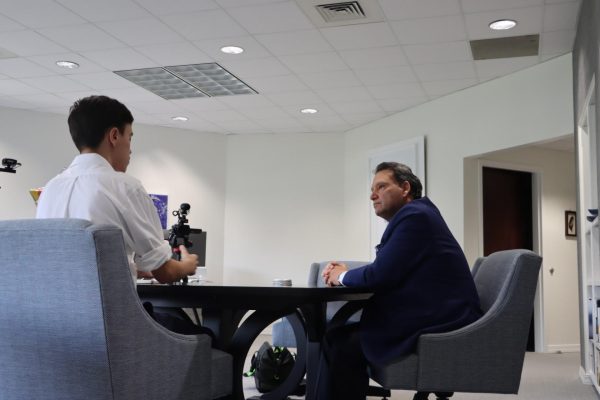
The president and I spoke before a policy discussing what universities could and couldn’t put funding toward was officially approved by the Board of Governors. SB 266 had already been signed into law months prior, but how it would impact universities remained undefined. Unable to know what that final policy would entail, Limayem focused on apparent exceptions in the bill and how UNF could forge new partnerships with student organizations to continue supporting students.
“Even if you look at Senate Bill 266, there are exceptions, right? There are exceptions. One of them is student fees [and] student organizations,” he said. “I think we can work with [student leaders] within the framework of the law to make sure we have that safe space. We have the necessary factors for all our students to be successful.”
Between March and October 2023, the president wrote four emails about attacks on DEI or SB 266. Dancing around the term “diversity,” it’s been difficult to pinpoint exactly where he stands on the issue. Instead, he’s expressed his commitment to UNF being an accepting and welcoming campus, always making sure to use deliberate phrasing. Various members of the campus community, from activists with Students for a Democratic Society to individual faculty, have called for Limayem to make a more clear statement about his opinions.
Our interview was my first look behind the veil, but even targeted questions were met with different rewordings of the same answers. Lacking a crystal ball to see the future, he was hopeful that the university would be able to continue supporting its students, faculty and staff amid changes. His dilemma is a true embodiment of the phrase “between a rock and a hard place,” the original title of this article. Yet, even as Limayem remains outwardly strong, some are far more skeptical.
Many staff, especially those at diversity centers, spent the fall semester searching, then leaving, for positions out of state or at private institutions before a policy was to be implemented. In November, the Interfaith Center was left completely empty as its director, Matt Hartley, stepped into a similar director position at OneJax—a local nonprofit that used to be tied to UNF before they severed the partnership when anti-DEI laws began to be passed.
On the faculty side, it’s a similar story. As of Sep. 2023, the faculty union told Spinnaker that the university had lost 5% of its permanent faculty that year. That’s how many professors the university had previously lost over five years, they said. A survey of Florida faculty by the United Faculty of Florida, the state’s largest faculty union, found that 20% said they’d interviewed in other states since 2021. The results, released in Sep. 2023, also found that just over 35% said they were actively considering interviewing elsewhere in the coming year.
However, not all faculty are against how the president has tackled these issues. John White, a current English education professor, is one of those who think the opposite. White was heavily involved with Limayem becoming UNF’s seventh president, serving on the Board of Trustees when they voted to select him as the president-elect and later led his transition team. I was in his office one November afternoon to record an on-camera interview about a related issue for a class of mine: how attacks on DEI had been impacting PreK-12 educators in Duval.
“Out of curiosity,” I’d asked him, halfway through packing up my video camera, “how do you think the president has handled balancing the community’s concerns with the requirements of the law?”
“I think he’s done a masterful job,” White said. Pausing while I swung my hand around to pull my phone from my pocket and hit record, he continued. “And the reason I think that is because he’s very keenly aware of the need for DEI on universities and college campuses. He’s always been a minority in his college and university classrooms and Europe, and here he knows those issues. He’s passionate about those issues.”
It’s true the president is no stranger to diversity. He and his wife Alya are originally from Tunisia, and before becoming U.S. citizens in 2015, they lived in Hong Kong, Switzerland and Canada. His father was a teacher, so he’s always held education close to his heart. To him and countless other teachers, it’s all about changing lives, which is the “noble mission” he’s been following for almost 30 years, Limayem told reporters on his first day on the job. But now, his role extends beyond the joy of teaching. On a broader scope, he must understand the politics of Florida, something that White said Limayem is “keenly aware of.” At the end of the day, the president’s job is to protect the university. And there lies the problem.
Let’s walk back to May 16, 2022, the day that the Board of Trustees selected Limayem as UNF’s seventh president-elect (which would later be confirmed by the Board of Governors, or BOG). There were many reasons why the board chose him, but it really came down to two. First, he has experience with and the ability to connect with the BOG, which oversees Florida’s 12 public universities. Second, his philanthropic connections and the fact that he was already a successful fundraiser.
Maintaining UNF’s relationship with the BOG is key. “He has to follow the law,” White said. “He has to deal with the mandates coming from the Department of Education, from the state legislature.” In White’s eyes, Limayem has balanced all those factors well. “We would all like for DEI to stay in place, but I think the president knows fully well that thumbing your nose at Tallahassee, or the dictates of the BOG, is suicide for the university,” he said.
UNF is a public school, which means it receives the vast majority of its funding from the state. Though students and faculty may want Limayem to make a public statement taking a stand against the state, public protests like that have not and will never come from him. The law is the law, and, of all people, he must follow it. “His ultimate responsibility is for the overall welfare of our university, and that’s always at the top of his mind,” White said. “So, again, I think he’s doing the best job possible under these contexts.”
The president has tackled new legislation and potential rules from an educator’s perspective, picking out all the facts and, in his words, all the misinterpretations. Recent laws have seen all sorts of interpretations throughout 2023, leading to a wide array of emotions from faculty and staff. On Sep. 18, 2023, the university brought a post-tenure review (PTR) policy to the board for approval, ending months of negotiations between them and the faculty union without the latter’s agreement.
In the words of Tobias Huning, the faculty union president, the PTR policy proposed to the board for approval was “probably the most hostile and violent attack on faculty.” Across the board, the concern was whether the policy could be used to oust faculty. Regardless of the alarm bells rang (and all but thrown at the board) by faculty during the meeting, the policy was passed 12-1 later that morning.
Our interview happened the following month, so I asked the president how he was reassuring faculty they would be protected since they clearly didn’t feel that way. Stepping beyond interpretations of the laws, he said those reassurances are through the development of what he called “idiot president-proof processes.” He said these processes create an environment where administrative members, current or future, cannot randomly or unjustifiably punish anyone. He didn’t go further into whether those policies already exist and, if not, what they could possibly look like.
Reaching the end of our time, Limayem and I touched on the future of UNF, something he’s discussed at length during events across Jacksonville and within the university community. It all centers around supporting students and their success, something Limayem promised even before officially taking office. Over a year later, his commitment is the same; he’s just added six new words—“within the framework of the law.”
___
For more information or news tips, or if you see an error in this story or have any compliments or concerns, contact editor@unfspinnaker.com.



